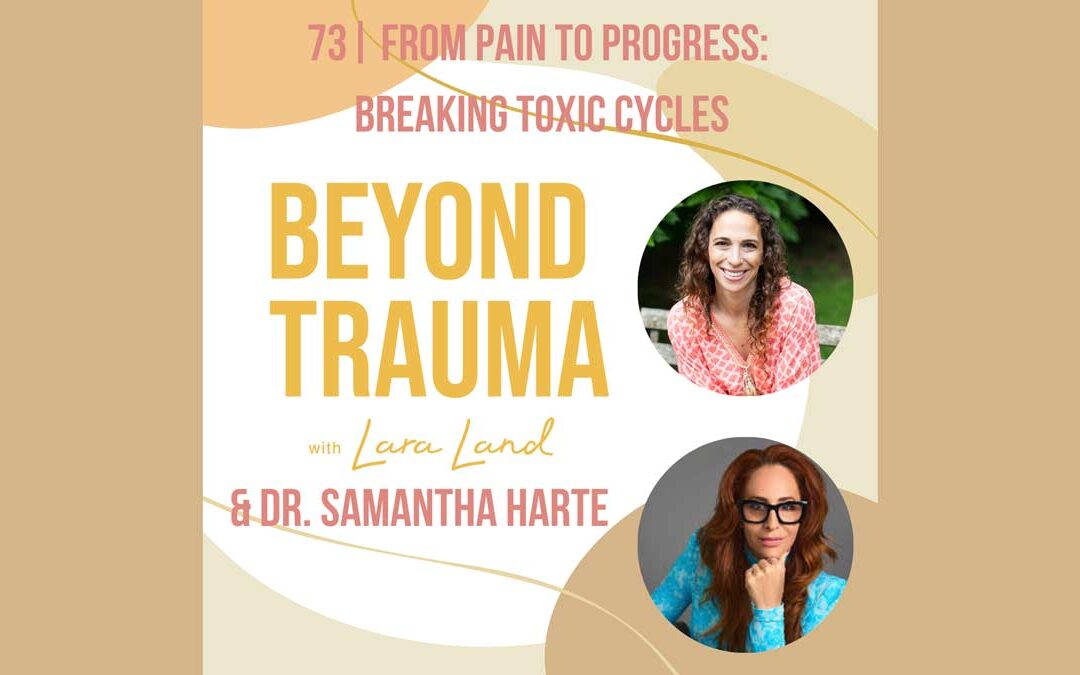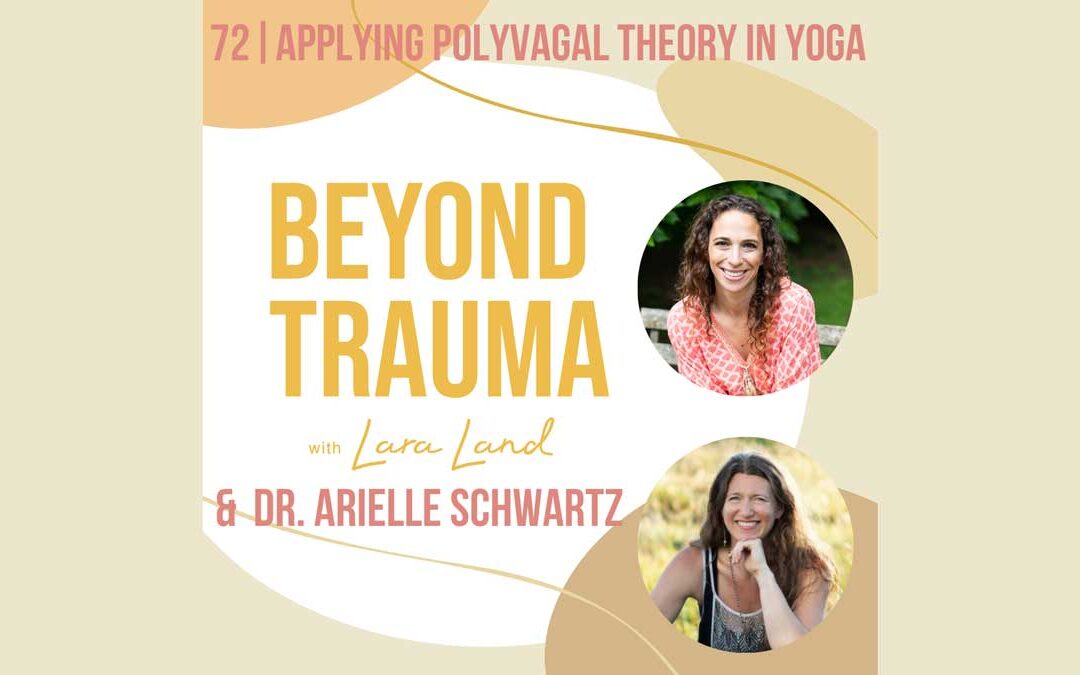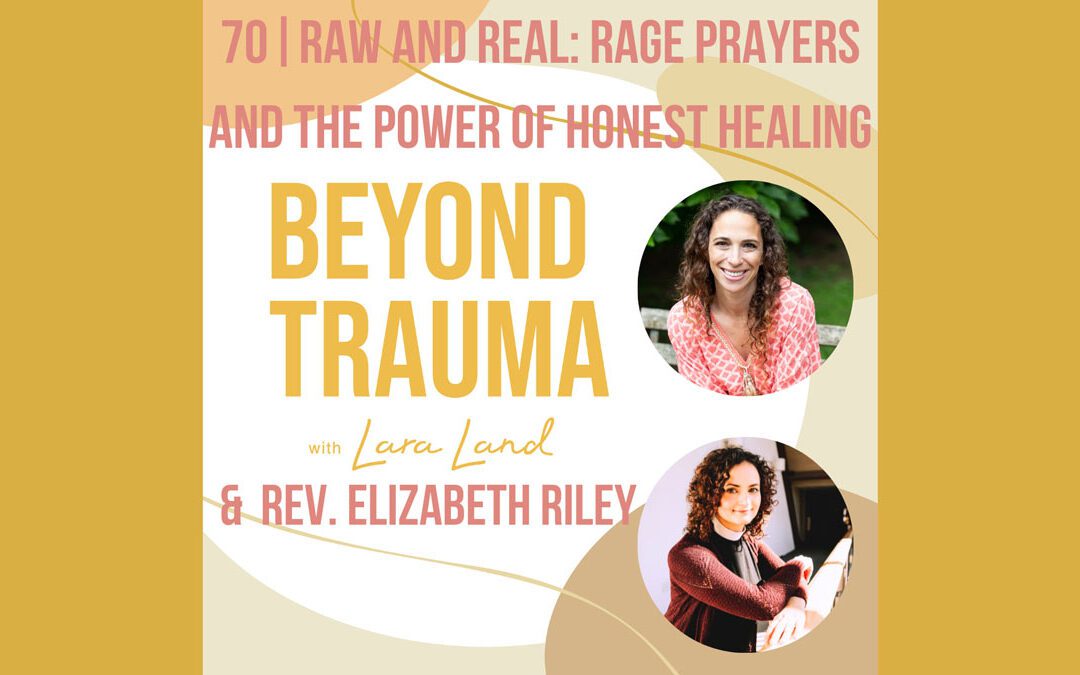
Breaking the Circuit: The Transformative Work of Dr. Samantha Harte
Trauma has a way of shaping lives in profound and often invisible ways. It rewires our brains, influences our behaviors, and impacts how we connect with others.
But what if there were a way to “break the circuit” of trauma’s grip and pave a path toward healing? Enter Dr. Samantha Harte, an expert in trauma recovery and the author of the groundbreaking book Breaking the Circuit. Through her work, Dr. Harte has become a beacon of hope for individuals seeking to understand and overcome the lasting effects of trauma.
The Mission Behind Breaking the Circuit
Dr. Harte’s book, Breaking the Circuit, offers readers a powerful framework for recognizing and interrupting the cyclical patterns of trauma. Drawing from her extensive experience as a clinician and researcher, she combines scientific insights with real-life stories to illuminate how trauma operates and how it can be dismantled. Her work focuses on equipping individuals with the tools to break free from the repetitive cycles that keep them stuck—emotionally, mentally, and physically.
At the heart of Dr. Harte’s approach is the idea that healing is not linear, but rather a journey marked by self-awareness, community support, and actionable strategies. She emphasizes the importance of addressing both the psychological and somatic aspects of trauma, helping individuals reconnect with their bodies and find safety within themselves.
Innovative Approaches to Trauma Healing
One of the most compelling aspects of Dr. Harte’s work is her ability to bridge cutting-edge research with accessible practices. She highlights the role of neuroplasticity—the brain’s capacity to change—in healing from trauma. Through mindfulness exercises, somatic therapies, and practical techniques outlined in her book, she empowers individuals to rewire their thought patterns and reclaim their sense of agency.
Dr. Harte also brings attention to the often-overlooked cultural and societal dimensions of trauma. She explores how systemic inequities and collective experiences influence personal healing journeys, urging practitioners and individuals alike to consider these broader contexts.
Join the Conversation
Dr. Harte’s insights are invaluable for anyone navigating their own trauma recovery journey or supporting others through theirs. To dive deeper into her work, take a listen to the latest episode of the Beyond Trauma podcast where we discuss her long-term approach to trauma recovery. Healing from trauma isn’t about erasing the past; it’s about rewriting the future. And with leaders like Dr. Samantha Harte guiding the way, that future looks brighter than ever.





Recent Comments